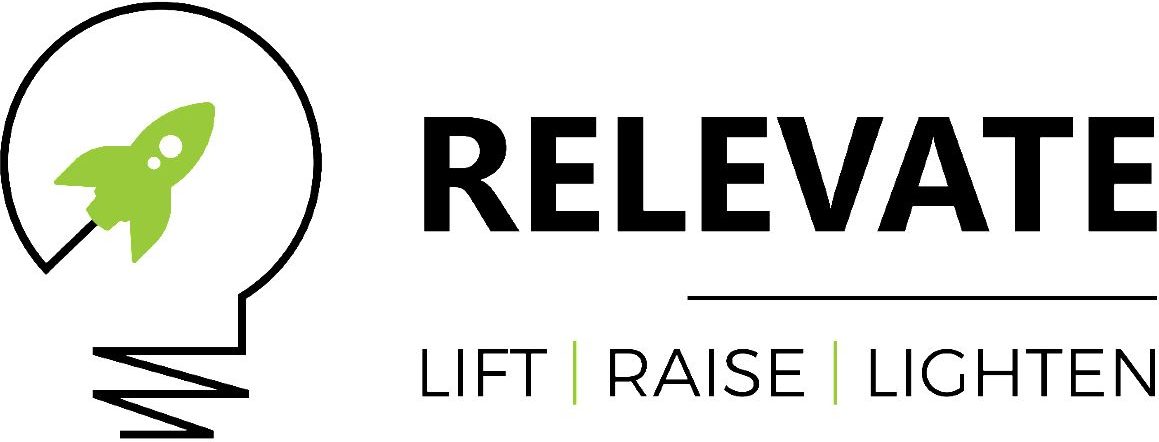There are three separate levels of inquiries that match to your prospect’s needs:
- Questions from the First Layer
- Second-Level Issues
- Third-Level Concerns
In this article, inspired by the book The Science of Selling, we’ll discuss what distinguishes each layer from the next, the sorts of questions inside each layer, and how to utilise these questions in tandem with one another. I’ll maintain the cheesiness at an all-time high, just like lasagne. Let’s get this party started.
What exactly are Layered Questions?
Layered inquiries are a sequence of questions asked by salespeople in a precise order to elicit information about a prospect’s position. The purpose of asking layered questions is to elicit the prospect’s purchasing motivation.
First-Layer Sales Issues
First-layer inquiries are pre-conversational questions that expose ideas, facts, actions, and circumstances. They serve as the basis (like lasagne noodles) for gaining a fundamental grasp of a topic, thus they are the greatest questions to ask when starting talks with consumers.
First-layer questions often provide answers to the queries “what?” “who?” and “when?” In broad strokes. There aren’t many details available, like as names, exact dates, or comprehensive schemes. Instead, you may learn about departments participating as well as quarterly targets or deadlines.
The bulk of salesmen I’ve met concentrate on asking first-layer inquiries, which I believe is a squandered opportunity.
First-layer inquiries only provide elementary information and do not give a comprehensive insight of the consumer. This restricts the salesperson’s capacity to tailor the buyer experience.
You’ve probably already used a few first-layer questions. However, if you want further information, please see the list below.
First-Layer Sales Question Examples
What proportion of the market do you now control?
What are the specifications you’ve set for this project?
What is your decision-making process for selecting a vendor?
What is your projected budget for this project?
How many additional service providers are you looking into?
What are your present manufacturing capabilities?
Who is engaged in the decision-making process in your company when such an investment is considered?
When will your staff make the switch to the new product?
Second-Layer Sales Issues
You should have a plethora of high-level knowledge about your prospect’s circumstance after asking your first-layer inquiries. It’s time to go a little deeper into these enormous issues. It’s time to start adding the sauce.
I’ve observed that top salesmen ask these questions more than any other. They are, in fact, essential for asking significant follow-up questions.
The second-layer enquiry is “why?” They urge purchasers to elaborate on first-layer replies. These kinds of inquiries are important because they force potential consumers to consider a notion, fact, action, or circumstance.
Because second-layer inquiries help us synthesise knowledge, you’ll probably ask them without thinking too hard about it. Many second-layer queries merely request that consumers evaluate or explain a first-level answer.
Second-Level Sales Question Examples
Why did the board decide to take that route?
Would you ever consider purchasing a product that lacked this feature?
May I enquire as to why you choose that vendor?
Is it your intention to aggregate your data in this way in the future?
That seems to be extremely significant to you. May I enquire as to why?
What would you alter about the training your end users get if you could?
Does it make sense, based on what we’ve talked, why so many businesses choose to hire our consultants?
Why is it critical to address this issue as soon as possible?
Do you think this problem is contributing the lack of productivity you mentioned?
Third-Level Sales Inquiries
As insightful as second-layer inquiries are, there is one more level that delves even farther. It is the most important level of questioning since it confronts purchasers on an emotional and tactical level. When you use third-level inquiries, you’ll unearth facts that will change the course of the whole transaction.
Third-layer questions explore “how,” guiding prospective consumers to their primary purchasing motivation – the emotional reasons why they would buy your goods or service. The desire for profit and the fear of loss are two common purchasing motivations.
Buyers typically become inclined to acquire a product or service when they feel that doing so would take them closer to what they want or farther away from what they fear losing, regardless of the kind of transaction. Third-level questions are effective because they assist you understand how prospective consumers will benefit from investing in your product or service.
As consumers respond to your third-level queries, you’ll establish rapport with them and they’ll start to trust you – and for good cause. Third-level inquiries demonstrate that you are kind, thoughtful, and helpful. These are the finest questions to ask, just as the best portion of lasagne is the cheese.
Third-Level Sales Question Examples
How would it benefit your company’s profitability if we could lower your expenses as we discussed?
How will the issue you stated affect your company’s sales if it is not resolved?
This seems to be a very serious topic to you. Could you please tell me what it would imply for you and your team if this problem was not resolved?
How might your company’s productivity grow if your end users were adequately taught and used this platform effectively?
Script for Three Levels of Sales Questions
Here’s an illustration of how first-, second-, and third-level questions interact in the context of a real-world sales scenario:
Salesperson: What is the efficiency of your present equipment? [First-level enquiry]
Buyer: It’s outdated and inefficient equipment. In fact, I’ve been entrusted with enhancing it, so any new equipment would have to make a difference there. Salesperson: How would you effect efficiency levels if you invested in the new equipment we discussed? [Second-level enquiry]
Buyer: Based on our talk today, I estimate that it will increase efficiency by around 6%.
Salesperson: How would it benefit the firm if efficiency increased by 6%? [Third-level enquiry]
Buyer: Well, that’d be a huge deal. It would boost our profitability and assist us in funding our future expansion ambitions.
Close the Deal by Asking Layered Questions
Putting together a list of questions to ask a prospect is similar to cooking lasagne. You must carefully stack your inquiries so that your sales posture is exactly aligned with their demands. When you ask relevant questions in the correct sequence, you may impact your prospect’s purchasing decision. You’ll better understand your prospective consumers and complete more transactions if you use the model of first-, second-, and third-level inquiries.





